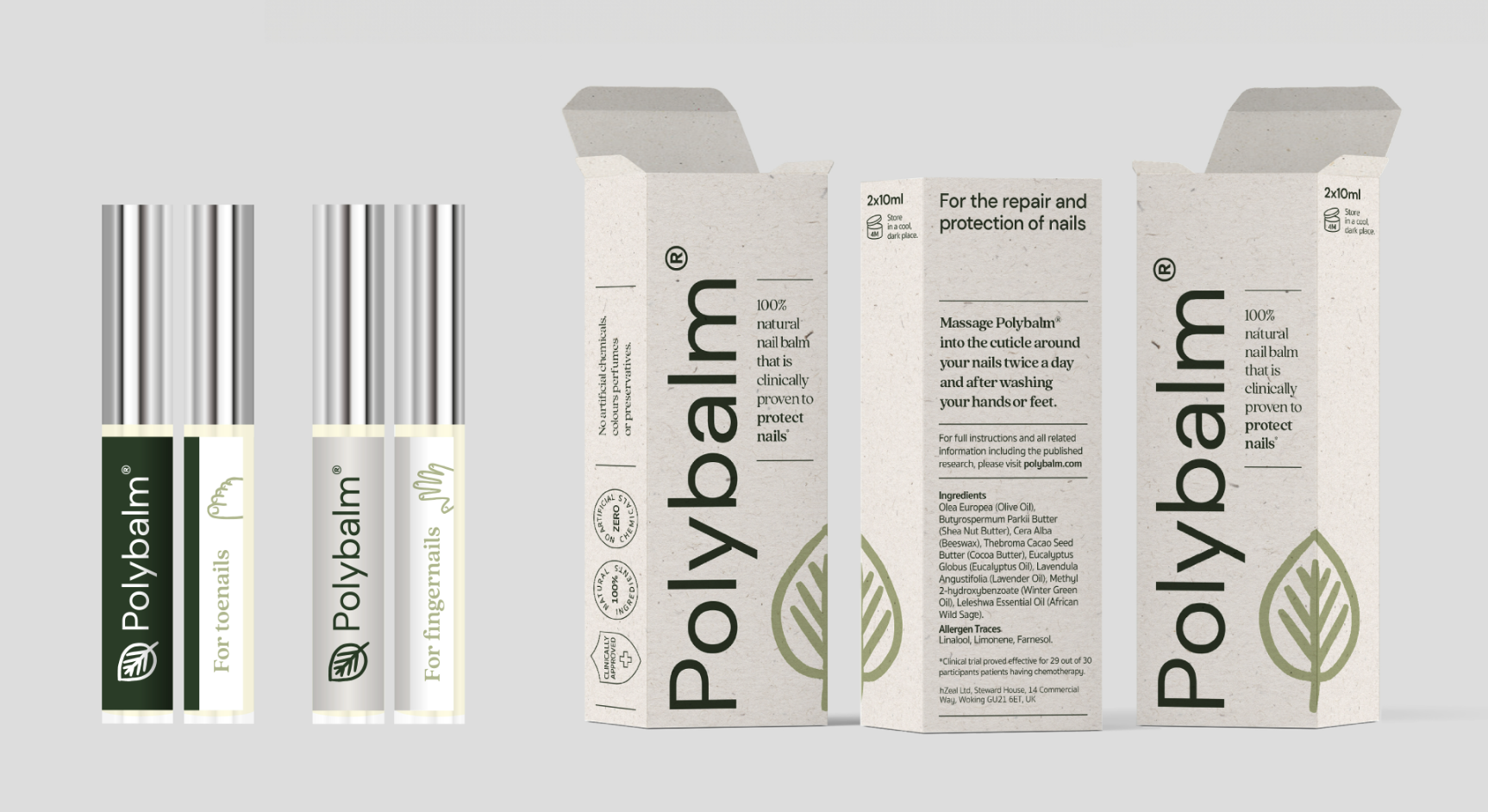
How Can Cancer Patients Obtain Social Care in the UK? | Guest Post
28 June 2021 — david-allen
If you are suffering from a cancer-related illness, you may need some help in your home. Fortunately, in the UK, this support is available courtesy of the National Health Service.
What can the NHS offer?
The NHS provides free healthcare. If you are in pain or have other symptoms, it is advisable to consult with your GP as they will be able to assess your needs and point you towards services such as:
- Counselling
- Occupational therapy
- Physiotherapy
If you still have some mobility, you can go to your local GP surgery where a nurse will be able to provide assistance in a variety of ways, such as:
- Changing dressings
- Giving injections
Healthcare professionals can also:
- Suggest ways to make you feel more comfortable
- Teach you how to manage your symptoms
- Arrange for equipment (e.g., a specialist bed and mattress) to be delivered to your home
If you are unable to leave the house, the GP or district nurse will come to visit you. They will leave their contact numbers and you can call them whenever necessary.
What can a hospice provide?
Sometimes, it will no longer be possible to have your specific care needs fulfilled at home. If this is the case, you may be advised to seek help from a hospice. With a referral, you can stay there for a single day or up to a few weeks. Some hospices may even offer a day service in your home.
How do you obtain social care?
Your illness may be preventing you from carrying out your everyday chores. For example, you may need assistance with a variety of essential tasks:
- Taking medicine as prescribed
- Cooking and preparing food
- Dressing
- Doing the laundry
- Going to the toilet
- Moving around inside and outside your home
- Getting in and out of bed
If you are finding it difficult to perform these everyday activities, it is likely that you need social care. So, how can this be arranged? You will either have to pay for your social care or get it from your local council or health and social care trust.
With the local council or trust, it may be free or at least come at a reduced cost. You will need to coordinate with the council and come up with a plan regarding your care and support. This is when you will be assessed to see how much, if anything, you have to pay.
To initiate the assessment process, you need to visit your local council, trust, GP or nurse.
Do you have to pay for social and personal care?
When it comes to receiving social care, how much you pay will depend on where you live in the UK and your financial situation.
For instance, in England, if you have savings of £23,000 or more, you will have to pay the total costs. If you have a partner and you share these savings (in a joint account), the assessment will conclude that only half of this money is yours.
In Northern Ireland, people may have to pay for some of their social care services. In Wales, you can still obtain up to £90 per week if you have savings or investments of more than £24,000.
Scotland offers free personal care regardless of your income, savings or marital status. Personal care includes assistance with:
- Dressing and taking a bath
- Eating and drinking
- Taking medicines
- Walking
Scottish councils may charge for certain types of assistance not classified as personal care, such as housework, laundry and shopping.
You may also be able to benefit from overnight services – speak to your GP or district nurse for more information. The NHS will pay for your social care if you have a severe condition and have limited savings. This assistance is available in every UK country. However, people in Northern Ireland may find it difficult to gain access to this financial support.
The NHS can fast-track your application if it has been determined that you are terminally ill or your health is rapidly deteriorating.
Do you need a carer?
According to this site, the primary role of a carer or social worker is to help people with a severe illness overcome their difficulties and live a life of quality.
NHS reports suggest that a carer can cost around £20 per hour. However, this rate can vary; for instance, it may be cheaper in Northern Ireland. Meanwhile, live-in care can cost £650 per week or more.
Whilst the NHS can help you find a carer, there are also agencies which provide these services. You can visit websites such as the UK Homecare Association for more information. Don’t settle for the first agency you read about; compare the services provided by a variety of operators. Ask relevant questions such as:
- What type of training have your carers undergone?
- What is the minimum rate charged?
- Do your carers have experience of assisting people in my position?
- Will you provide a replacement if my regular carer is unavailable?
If you can no longer manage in your own home even with a carer, you should consider moving into a care or residential home. There are certain situations when staying in a nursing home will be advisable; for example, your pain and discomfort can be managed better by professionals as they have the necessary expertise and equipment. While you may still value your independence, it may be prudent to have around-the-clock support.
Conclusion
Cancer can present many challenges in your daily life. Fortunately, social care is available to all UK residents. For some, it will be free while for others it will come at a reduced cost. If you don’t have enough funds to pay for social care, you should submit an application to be assessed by your local council or trust. You may also need a carer to support your everyday activities. Although it is of course possible to receive social care in your own home, sometimes you may be advised to move into a hospice or nursing home.
This article was written by the team at Nurses.co.uk. For more information regarding the information featured, speak to your GP or care provider.
Latest Articles
See all Articles
11 August 2025 — Jessica Bailey
Nail Damage During Cancer Treatment: Why It Happens and What You Can Do | Guest Blog by Polybalm®This week’s guest blog takes a look at why nail damage can happen during cancer treatment, what it can feel like, why nails are more important than we might realise, and what you can do to help improve your nail health. This article was put together by Jonathan Slobom at Polybalm® – a natural nail […]

01 August 2025 — Jessica Bailey
Bridging the Gap: Supporting Veterans in County Durham and Darlington with Cancer Information and Support | Guest BlogIn this guest blog post, we hear from the County Durham and Darlington Veterans’ Project as they share how they are supporting veterans with cancer information and support, while working to remove the barriers veterans often face when accessing health and wellbeing services. “In County Durham and Darlington, the percentage of people who have […]
